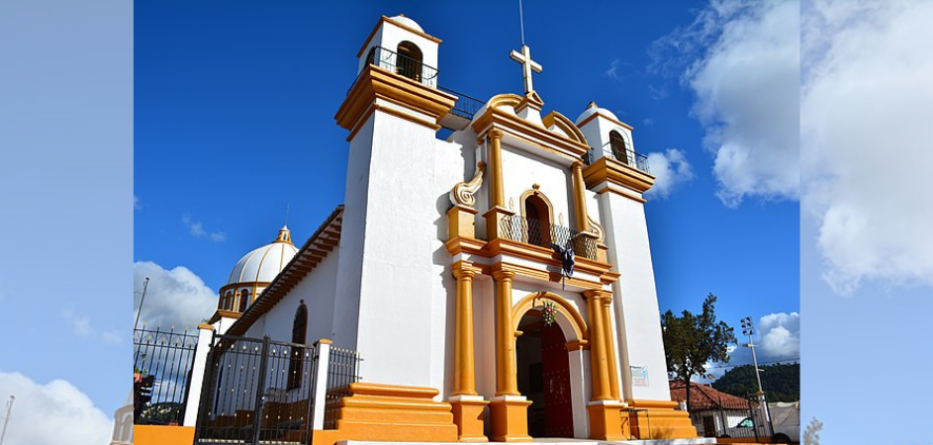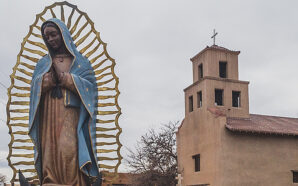He was considered “a symbol of resistance and accompaniment for the communities of Chiapas, defending the people’s dignity, their rights and building peace. His commitment to justice and solidarity made him a reference point for those who desire a future without violence and oppression.” This is how a statement from the Society of Jesus of Mexico described Father Marcelo Pérez, a Jesuit and the pastor of the Church of Guadalupe in San Cristóbal de las Casas, who was killed by two men on motorcycles on October 20, 2024, after celebrating Mass in the Cuxtitali neighborhood of Chiapas.
“We reject any attempt to minimize these events as isolated cases,” the Society of Jesus of Mexico explains in the note. “Organized crime has spread fear and pain in various regions of the country, and Chiapas is no exception. The violence in this region reflects a structural problem that requires a comprehensive and urgent response from the State.”
Of concern is the growing wave of violence across the country. “This region suffers not only from murders,” the note continues, “but also from forced recruitment, kidnappings, threats and looting of its natural resources. It is essential that the demands of the Pantelhó community be met and that the will of the authorities legitimately elected by the people be respected. Peace will not be possible without listening and responding to the needs of the communities, which have long been fighting for their autonomy and security.”
Already a year ago, the Jesuits condemned the violence sweeping through Chiapas. “In the midst of this crisis,” read another Jesuit note from September 2023, “many communities in Chiapas are facing shortages of food and basic services, such as electricity and communications.” A denunciation that at the time was not intended “to magnify acts of violence,” last year’s note continued, “but rather to highlight a disturbing reality that has affected several locations in our country, as organized crime operates in much of our Mexican territory. This challenge should not be underestimated because it is not an isolated problem and we call for comprehensive and effective responses.”
Reproduced with permission from La Civiltà Cattolica.








